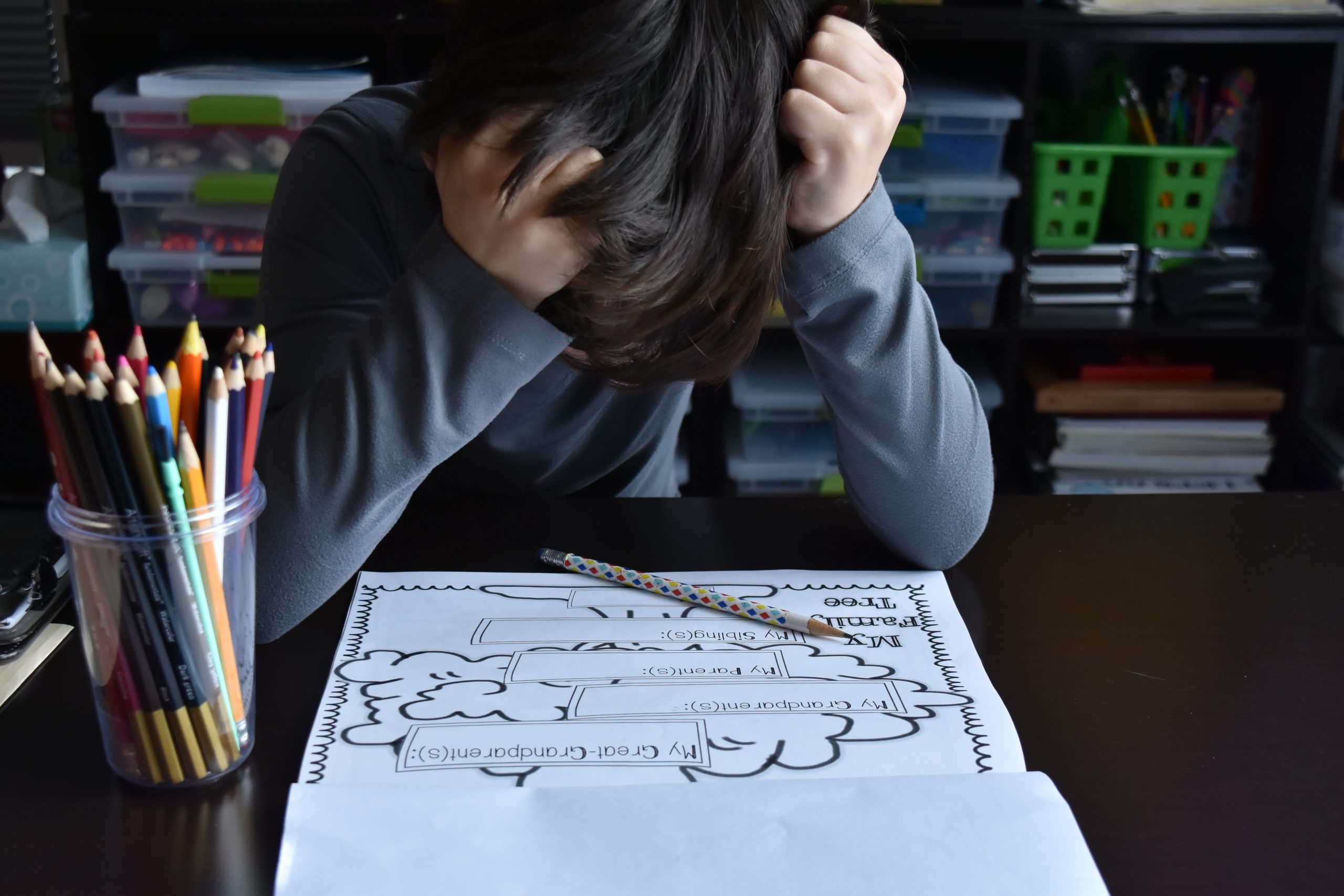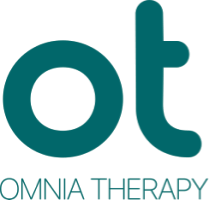
what is ADHD?
ADHD can affect anyone regardless of age. People diagnosed with ADHD, may experience difficulty concentrating for a long period of time, adhering to instructions, task setting, may be hyperactive and make impulsive decisions. This can have an impact on school life, home life and even relationships.
ADHD symptoms will typically appear during childhood however they become more apparent during life transitions. Usually, ADHD is noticed by the ages of before 12, however in some cases it can go unnoticed until later on in childhood, or even adulthood.
Sometimes, as the individual gets older, they may notice that their ADHD symptoms are easing away. As a result of the brain developing a little bit more, hormonal changes, or they could have even found affective coping strategies. However, they may still experience symptoms during this period of time. However, when some people reach adulthood, they may “outgrow” ADHD whereas others continue to struggle with ADHD symptoms.
It is now well established that people who suffer from ADHD are most likely to suffer from mental health conditions such as anxiety, depression, substance abuse and sleeping problems.
What’s having ADHD like?
If your someone who suffers from ADHD, you might find that you:
- loses track of given instructions.
- Have difficulty concentrating.
- Unable to sit calmly or quietly.
- Interrupting conversations
- Can be prone to making spontaneous choices.
- Restless fidgeting
- Struggling to wait their turn.
What are the causes of ADHD?
The exact cause of ADHD is unknown; however, studies have proven that if a family member has the disorder, it immediately makes the chances of a child developing ADHD significantly higher.
These could be some factors that contribute to having ADHD.
- Smoking and drinking whilst pregnant.
- Premature birth (before the 37th week of pregnancy)
- Young pregnancy
How ADHD is treated
For children with ADHD, it is important to note that there is no cure for this condition, one thing you can do is find effective management techniques. Children getting support in education is very affective, guidance and support from parents and carers is also important, and setting clear routines and instructions is also affective. For adults with ADHD, management approach may be slightly different. One way of maintaining ADHD is going to therapy, it will help the individual with ADHD to come to terms with their diagnosis, and cope with how the condition can impact their daily lives.
In conclusion, while there is no cure for ADHD, both children and adults with this condition can lead fulfilling lives with the right combination of support and treatment. For children, this involves educational support, parental guidance, and the potential inclusion of medication as part of their treatment plan. For adults, medication is often the first line of treatment, complemented by therapies like cognitive-behavioural therapy to enhance overall symptom management and quality of life. A holistic and individualized approach to treatment is essential to empower individuals with ADHD to thrive in their daily lives.
If you’re still interested; this is our blog focusing on adults with ADHD.
